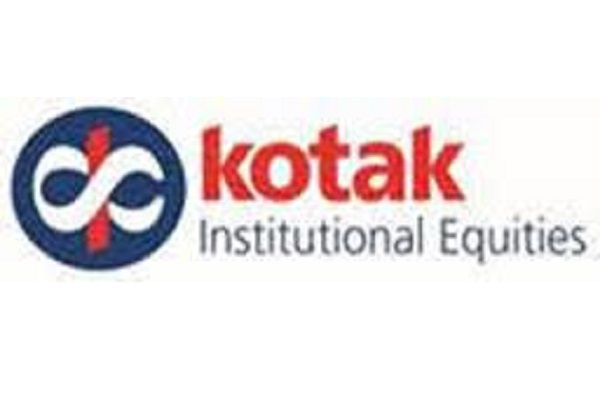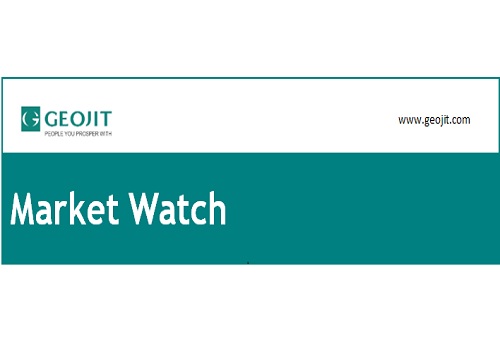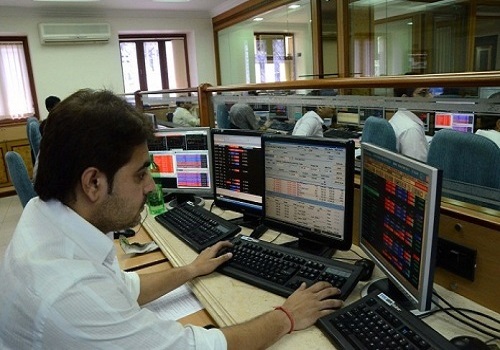India Strategy : Passive - not active or inactive by Kotak Institutional Equities

Passive = not active or inactive
In our view, (1) the rising share of passive funds in the overall shareholding of companies and (2) the increasing ‘passive’ behavior of shareholders in India may dilute the two main roles of capital markets—(1) allocation of capital and (2) pricing of capital. The trend may continue without active counter-measures, leading to bad outcomes for markets and participants.
Markets may not be doing their jobs well enough; it could become worse
We wonder if (1) stock markets can perform the twin roles of allocation of capital and pricing of capital efficiently and (2) the traditional benchmark-related investment industry can stay relevant due to (1) the likely rise of passive funds (ETFs and index funds) and (2) the increasing ‘passive’ behavior of the active domestic fund management industry. On the former, the higher share of passive funds in the shareholding of companies may democratize holding but dilute the role of capital markets. On the latter, ‘active’ investment strategies may be increasingly mimicking passive ones, which may accelerate the trend toward passive investment.
Passive shareholding may rise rapidly, diluting traditional capital market roles
We expect the share of passive funds to rise in most markets, including India. The entry of BlackRock-Jio into the asset management business will likely accelerate the trend in India. We note that the share of passive funds in the US has increased to (1) 54% of the total mutual fund assets (bonds and equities) as of CY2024 compared to 27% as of CY2014 and (2) 20% of the top-20 stocks by market capitalization as of 1HCY25 compared to 11% as of CY2014.
Passive investment mode of Indian households and institutional investors
We believe that (1) the price-agnostic investment behavior of retail investors and their constant purchase of stocks through domestic equity mutual funds and (2) the ‘forced’ purchases by domestic institutional investors may have induced an element of ‘passive’ investment among domestic institutional investors. In a way, funds are no longer controlling the timing of investment or even the nature of investment given (1) benchmarking imperatives and (2) restrictions of caps, sectors and themes in the case of ‘restricted’ funds, which have received a large share of new funds in the past two years.
Agnostic (asset, time) funds may be way to go
In our view, ‘agnostic’ funds may be a way (or perhaps the only way) to counter the growing threat to the active fund management industry in India. Such funds will allow institutional investors (funds) to take bolder calls with respect to (1) timing of investment and (2) nature of investment. Institutional investors will be able to discharge their fiduciary responsibility better by not being constrained by (1) the compulsions of having to be invested at all points in time irrespective of valuations or, even worse, having to invest when not being convinced about valuations and (2) the artifacts of benchmarks, caps and sectors/themes, which serve a limited purpose.
Above views are of the author and not of the website kindly read disclaimer










Tag News

Strategy: Day 2 of Chasing Growth 2026 by Kotak Institutional Equities



More News

Indian market benchmarks ended lower on Wednesday, marking a second consecutive day of losse...








